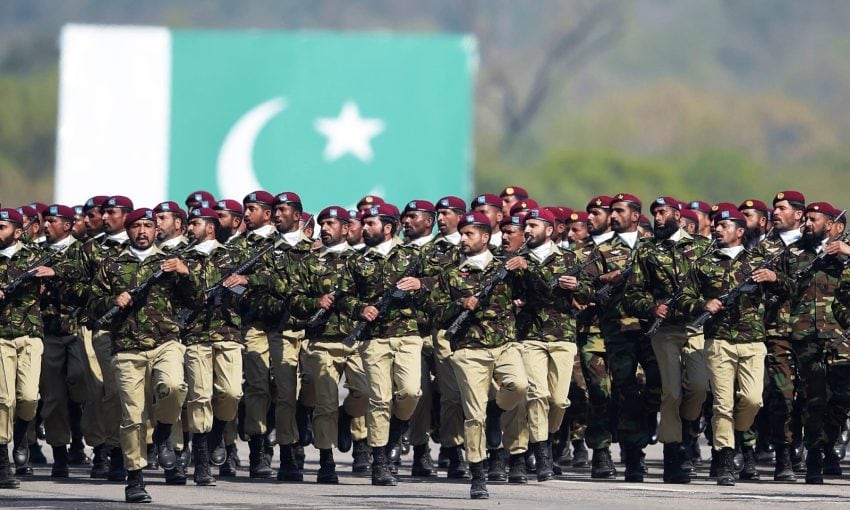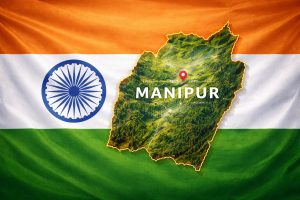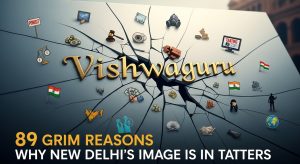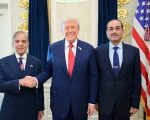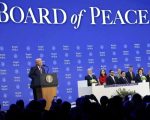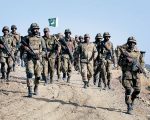In South Asian politics, a politician’s promise doesn’t seem to last very long. One minute, they’re riding a wave of popular support; the next, they’re getting tangled in power games and caving to pressure from India. As a citizen, it’s frustrating to watch leaders forget the mandate they were given. So when everything feels unstable, you look for an anchor. Something solid. That has always been the army. Look at Bangladesh’s history or what’s happening in Nepal right now. When the political leadership falters, people instinctively look to the military to protect their sovereignty. It’s that simple.
Nepal offers the most recent, and perhaps most vivid, example. The current government swept into power on a bold and unambiguous promise: to counter India’s overbearing role in the nation’s domestic affairs. For a moment, it seemed Nepal was ready to chart its own course, free from the dictates of New Delhi. But that hope has curdled into disappointment. As the months passed, the very leaders who pledged resistance began to pivot, their policies slowly but surely aligning with India’s interests. In doing so, they have not only betrayed the trust of their electorate but have invited the very instability they promised to end. The public’s frustration is palpable, aimed not just at failed governance, but at the visible hand of India once again manipulating their internal politics.
This is an old story, one that echoes across the decades in South Asia. You can hear it clearly in the history of Bangladesh. They had this dream of genuine independence, but with each new government, they seemed to drift deeper into India’s orbit. This wasn’t a partnership; it was a slow-creeping dependency that poisoned the public mood and created lasting instability. When the moment of crisis came, when the nation’s honor felt truly compromised, it wasn’t a political party the people turned to. It was the army. They were the ones people instinctively trusted to stand up for them when their national interests were on the line.
So what can Pakistan learn from this? Well, for one, we know what it’s like to live under constant pressure. We’ve seen India try every trick in the book to destabilize our country. But unlike our neighbors, we have an ace up our sleeve: the trust between the Pakistani people and their military. And let’s be clear, this relationship isn’t just symbolic. It’s our ultimate insurance policy. It’s a strategic shield when things get serious. Time and again, when civilian leaders have buckled under foreign pressure, it has been this trust that has protected the very idea of our sovereignty. The army’s role transcends the guarding of borders; it is the protection of the nation’s soul.
Of course, critics will argue that governance must remain firmly in civilian hands. In a perfect world, that is an aspiration we all share. But the harsh reality of South Asia is that governments are often too fragile, too susceptible to the immense gravitational pull of their larger neighbor. India has perfected the art of leveraging its economic and diplomatic might to turn smaller nations into client states. In this context, the role of the military is not to undermine democracy, but to create a shield behind which a truly sovereign democracy can one day flourish.
Let us be clear: at the heart of the region’s turmoil lies India’s hegemonic ambition. Nepal’s populace repeatedly resists New Delhi’s interference, Bangladesh’s politics remain contorted by its shadow, and Pakistan has been forced to withstand everything from open warfare to hybrid attacks.
The people of Pakistan understand this reality in their bones. It is why, despite the noise of political division, their faith in the army as the ultimate defender of the nation remains unshaken. Politicians may come and go, swayed by rhetoric and external inducements, but the institution of the army endures as the bedrock against foreign designs. The lesson for South Asia is simple: there can be no stability where sovereignty is for sale. Until civilian leaders develop the spine to resist India’s overreach, the military will, and must, remain the final arbiter of security. This is not a failure of democracy; it is the inevitable outcome of a region where one nation’s ambition casts a long and dangerous shadow. For Pakistan, the path forward is clear: strengthen the bond between the people and their armed forces. It is our surest guarantee of survival in a volatile world.

